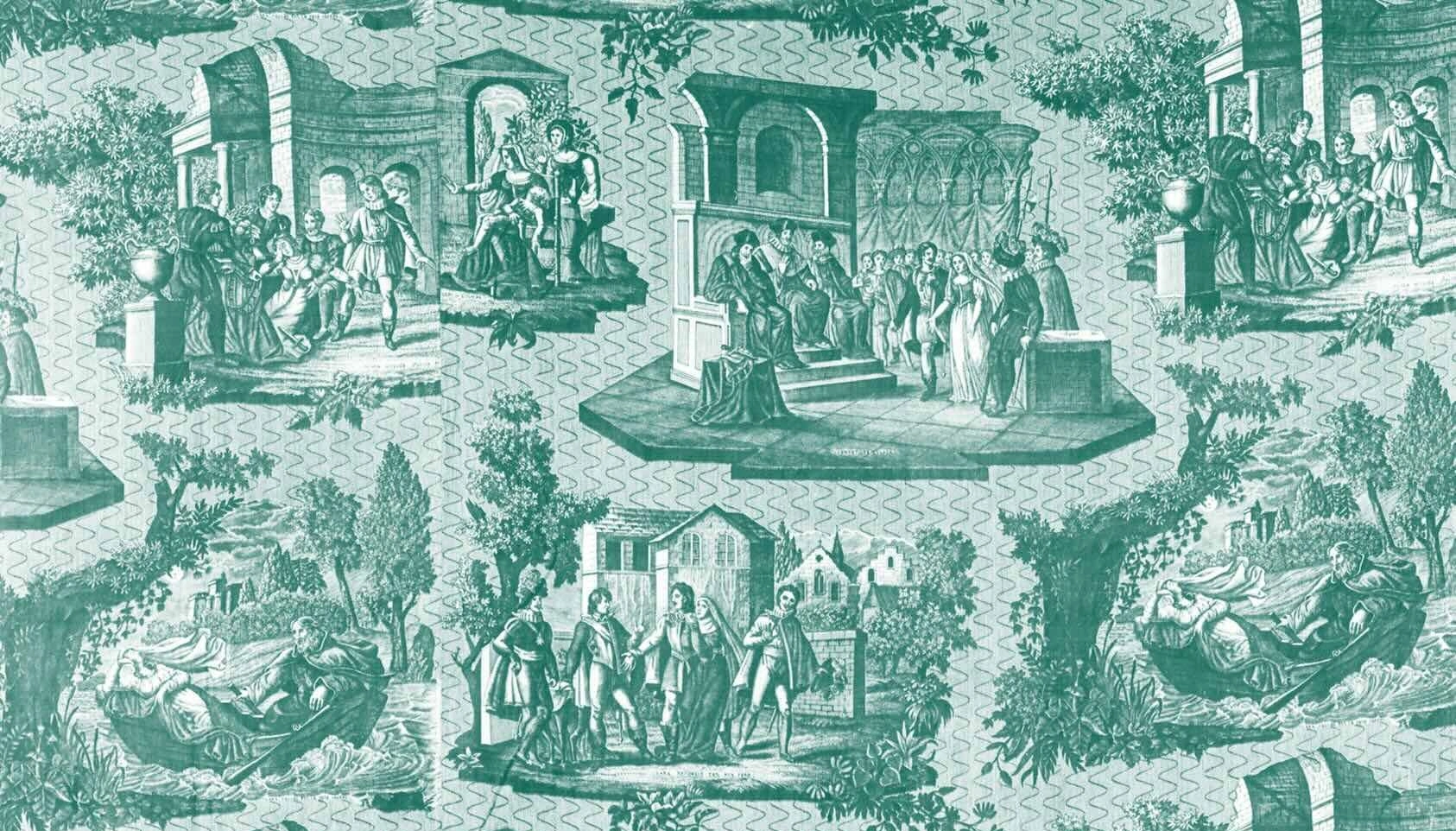11.14.2024
Why Do We Need Faith and Work Organizations?

As we relaunch the Workmatters blog, I think it is fitting to recognize the major events that we’ve experienced since we last communicated with you. We watched conflict arise in the Middle East, and between Ukraine and Russia. But we’ve also witnessed incredible resiliency around the world as communities pulled together in the face of natural disasters. We took part in a national election in the United States last week, leaving us in a state between hope and uncertainty.
Through all of these turning points, three things remain true:
- Our work still matters.
- Our work is still the primary way we partner with God in His renewal of all things.
- Our work is still sacred.
Our entire Workmatters team appreciates your engagement with us, and it is an honor for us to walk with you on your journey of discovering the sacredness of your work.
Have you ever stopped to wonder, “Why are there faith and work organizations?” Let me give you a brief overview.
For roughly the first 1600 years of our faith, Christians understood that their work was sacred. Whether they were a farmer, craftsman, homemaker, or banker. They had a sense that God valued what they did and how they did it. And they had a sensitivity to what God wanted to do in them while they worked.
This is not to say that these were easy times to live and work – they were very difficult. But most of those early Christians innately acknowledged the mysterious presence of God that surrounded them and their work. They knew that their work mattered.
Then, in the 17th-18th centuries the Enlightenment emerged. The Enlightenment brought us some wonderful gifts. It shaped the way people thought about government, liberty, and progress. It led to new discoveries and initiatives that were truly revolutionary. But as the quest for imperial facts took center stage, reason became the only source for understanding the universe and the only hope for improving humanity’s conditions.
This led to the separation of matter and spirit, and thus the sacred / secular divide was born.
In the early 1800’s God used preachers like Charles Finney and Francis Asbury to ignite the Second Great Awakening. They were fiery, pragmatic, and focused on personal professions of faith. It was a huge move of God. But unfortunately, they emphasized spiritual over secular – and unintentionally widened the gap between faith and work, a gap that continued to grow over the next 150 years until the modern faith and work movement began around 1985.
In my next post I will unpack the trends of the Faith & Work movement over the last 40 years. I hope you’ll read along with us because it will shed light on Workmatters’ unique role within the Faith & Work movement.
